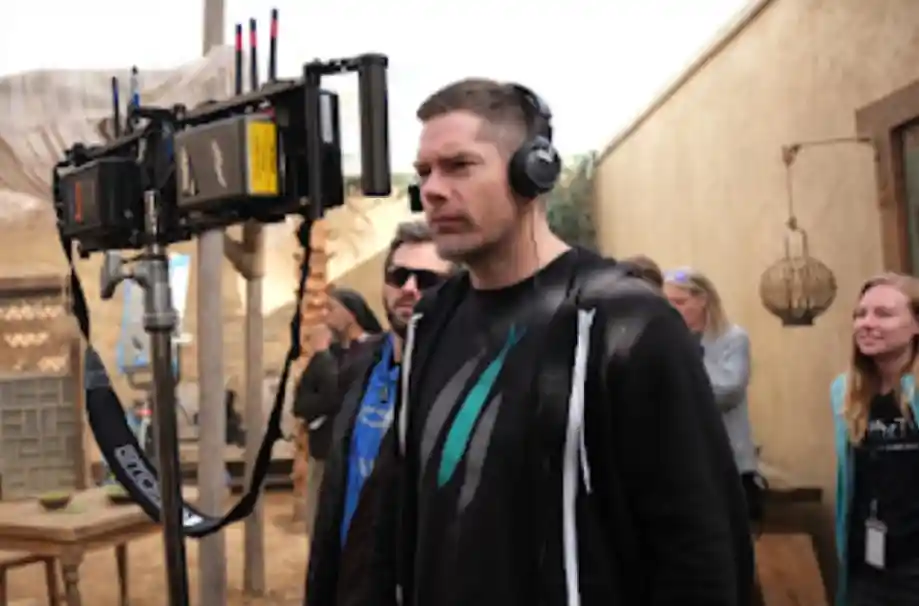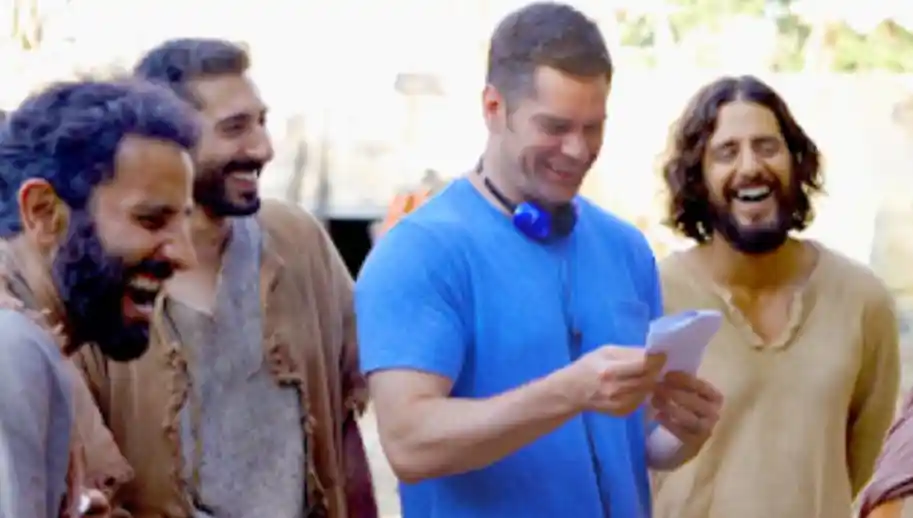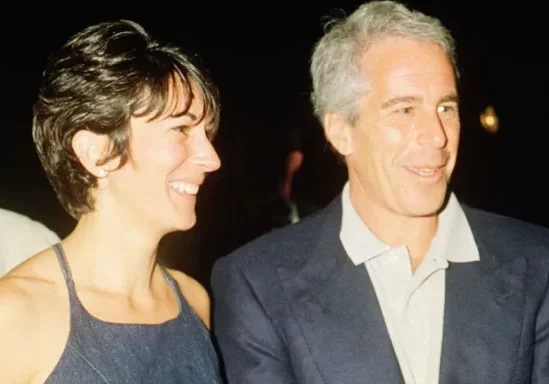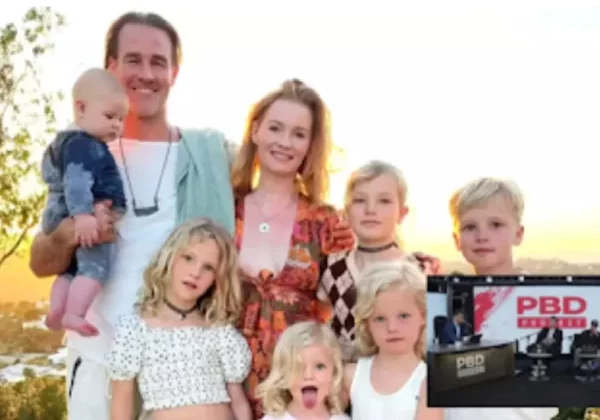Dallas Jenkins on the High Price of Sharing God’s Stories

SHARE
The lights dim, the cameras roll, and somewhere behind the scenes, Dallas Jenkins takes a quiet breath before stepping back into the world he believes he was called to build. There’s a weight to telling stories rooted in faith — a cost that doesn’t show up in budgets or schedules — and Jenkins knows it more than most. Yet he keeps going, driven by a conviction he can’t shake and a purpose that feels bigger than applause, reviews, or box-office charts.

For Jenkins, sharing God’s stories has never been about chasing trends or impressing critics. It’s about obedience — and obedience, he often reminds his team, rarely comes easy. Even now, with “The Chosen” touching millions and “The Best Christmas Pageant Ever” receiving warm, unexpected praise, he still carries the memories of projects that failed, doors that closed, and long seasons of waiting. Those chapters shaped him. They humbled him. They also taught him that storytelling anchored in truth will always require sacrifice.
When he talks about the journey, there’s this steady calm in his voice, like someone who’s walked through fire and finally understands why the flames mattered. Chasing a dream for twenty years only to wonder whether people will even show up — Jenkins lived that tension while bringing “The Best Christmas Pageant Ever” to life. And when audiences embraced it, not because it was flashy but because it felt honest, he realized again that the stories God gives often bloom at the exact moment they’re meant to.

What makes Jenkins’ work resonate isn’t just the production value or the talented cast. It’s the perspective he brings — this intentional choice to highlight how divine truth can shine through unlikely voices. In the Herdman kids, he saw a mirror held up to humanity: messy, loud, misunderstood, yet still deeply loved. Their version of the Nativity wasn’t polished. It wasn’t rehearsed to perfection. But it was real. And maybe that’s why people connected with it so strongly.
He often says storytelling is a kind of doorway. Some people walk through easily; others linger at the threshold, wary or unsure. But when a story is wrapped in humor, warmth, and sincerity, more hearts open than expected. That’s what he aimed for — a “Trojan horse,” as he called it — not to trick audiences, but to invite them gently toward something sacred without feeling lectured or judged.

Still, the price remains. In a world that’s quick to divide and slow to listen, Jenkins knows that telling stories about grace, compassion, and Jesus’s love can draw criticism from every direction. Yet he insists those are the stories worth fighting for. The ones that encourage people to look past labels, past assumptions, past the divisions we cling to out of fear or comfort.
Because at the end of it all — the premieres, the long nights, the quiet prayers in empty studios — Jenkins returns to the same truth: the story is never really his. It’s God’s. And carrying that story, even when it’s heavy, is the calling he’s willing to pay the price for.
*Cover Photo/Thumbnail Photo from Christian Post
RELATED ARTICLES

The Peninsula Cruise Experience on Star Ferry

Explore the Outlying Islands of Hong Kong at The Peninsula

‘Gift of Fortune’ Chinese New Year Stay Package

Pastors Speak as Darkness Comes to Light








